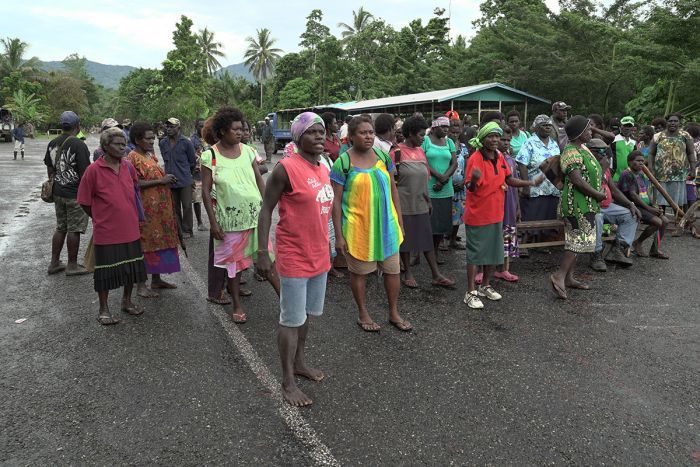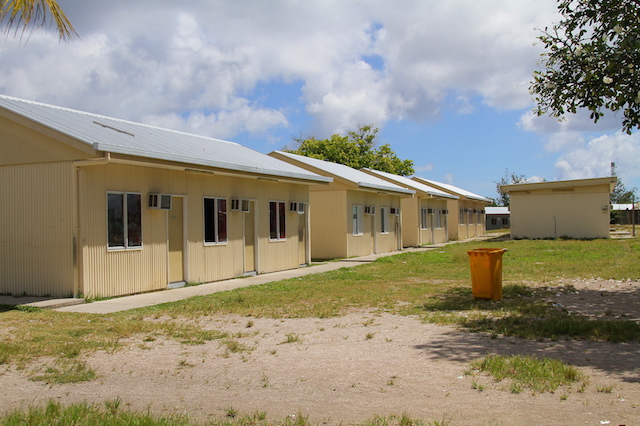
UN report on climate change calls for urgent action
A Special Report on Climate Change was released by the UN Inter-governmental Panel on Climate Change (IPCC), focusing on greenhouse gas emissions and its links to desertification, land degradation and food security. The report warns that the “rise in global temperatures, linked to increasing pressures on fertile soil,” risks “jeopardizing food security for the planet.” The effects of global warming have led to “shifts of climate zones in many world regions,” further exacerbating land degradation, and leading to extreme weather conditions such as floods and droughts. The reports warns: “The stability of food supply is projected to decrease as the magnitude and frequency of extreme weather events that disrupt food chains increases.” (Photo of Tantaverom region of Chad via UNDP)




